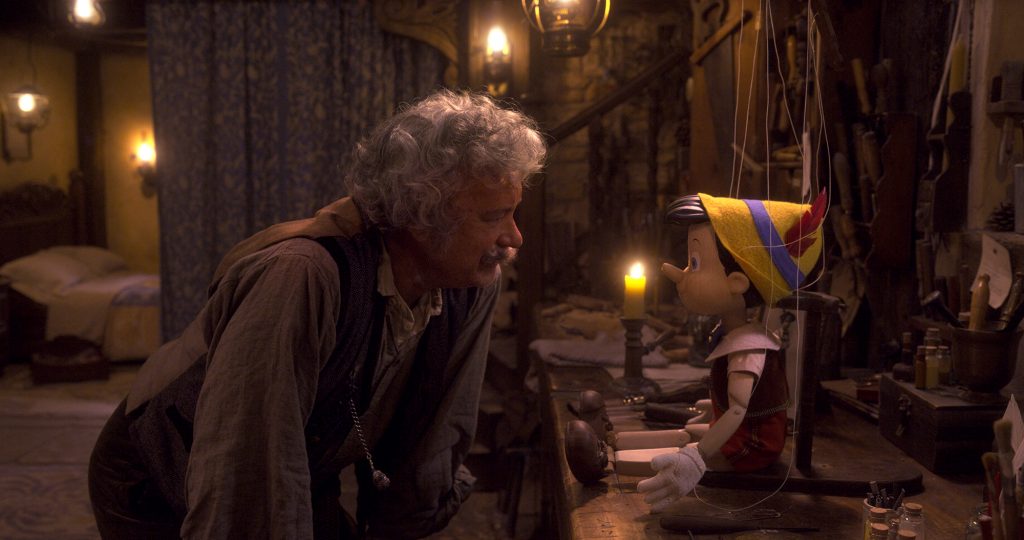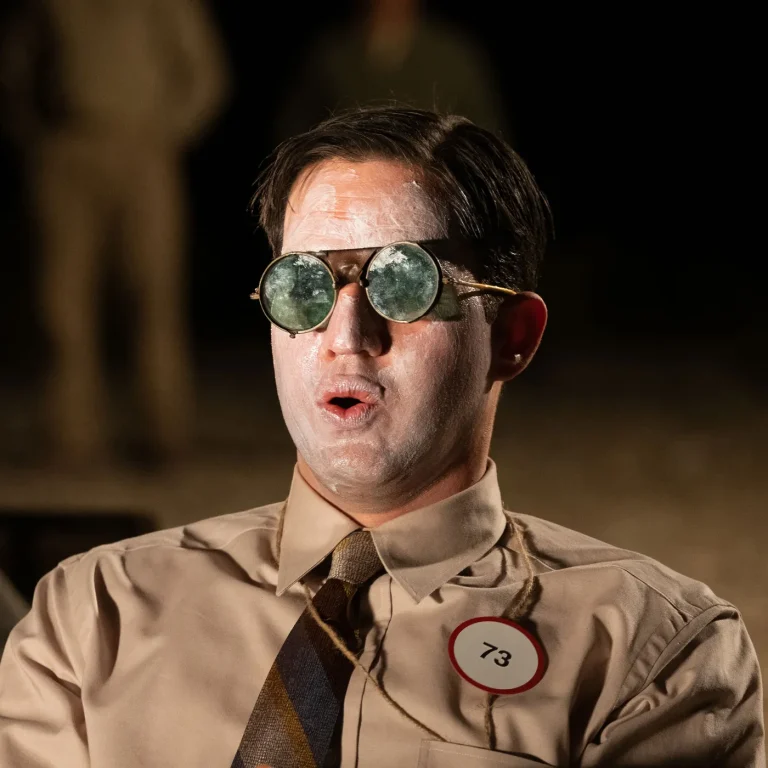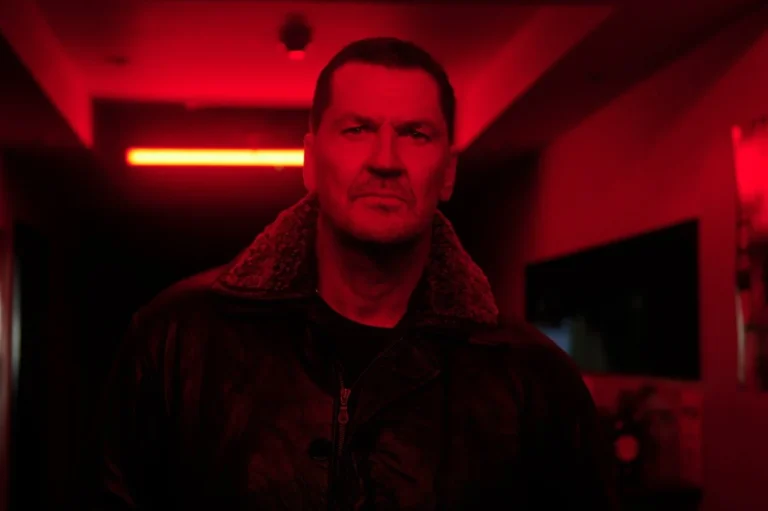Pinocchio (2022 Live Action) Review: Walt Disney’s 1940 masterpiece Pinocchio may have only been a modest success upon its initial release, but a very simple notion that gave its name to the film’s angelic theme song helped the animation pioneer build an empire: “When you wish upon a star, your dreams come true.” Oh, how naïve we are to think that’s still the case. All hope is not yet lost for the mighty entertainment giant. Far from it, in fact. Yet if the studio’s creative direction in the last decade has indicated anything at all, it’s that wishing can’t hope to produce the wondrous results it once did. It’s getting harder by the day to view the Walt Disney Company’s need to revisit their beloved animated properties and give them a contemporary, live-action spin as anything but a senseless and calculative ploy. In that sense, Robert Zemeckis’ reimagining of Pinocchio is the brightest star in the sky, so bright in fact that one has to squint if they are open to the idea of wishing upon it.
Consider “reimagining” a euphemism for “knockoff,” which is perhaps the only apt description for a film that has no innovative ideas of its own and is perfectly content to operate as if the original story by Carlo Collodi never existed. Once again, we open on Jiminy Cricket (voiced by Joseph Gordon-Levitt) taking refuge in the shop of woodcarver Geppetto (Tom Hanks), who has just finished constructing a marionette with the resemblance of a young boy, which he names Pinocchio. Sure enough, the wooden child comes to life (with the voice of Benjamin Ainsworth) and sheds his strings after the Blue Fairy (Cynthia Erivo) responds to Geppetto’s longing request from a wishing star. The narrative beats only get more similar and uninspired from there as Pinocchio sets out to become a real boy by proving himself brave, truthful, and unselfish, with Jiminy along for the ride to act as his conscience.
To their credit, Disney has managed to recapture a sense of spirit in a select few of their live-action remakes, but in the case of Pinocchio, the formula lends itself to such embarrassing execution that the divide between Zemeckis, co-screenwriter Chris Weitz, and their animated source of inspiration is as noticeable as it’s ever been for the studio. It’s as if the two were traversing a sea of ideas before being swallowed by a whale that shot all of their creative juices from its blowhole. It’s more than a shame considering an admittedly great director is at the helm, not to mention one who gave proof to the harmonious relationship between animation and live-action with Who Framed Roger Rabbit. That particular Zemeckis classic has aged better than this Pinocchio ever will, if for no other reason than because it affirmed the magical quality of hand-drawn celluloid images. Here’s a film that, on the other hand, validates every shortcoming Disney seems to possess with their overreliance on computer-generated imagery.
At least John Favreau’s shot-for-shot remake of The Lion King was pleasant to look at in spite of its soullessness. Pinocchio has the visual grandeur of the most elaborately produced made-for-television movie, and its regressively awful effects do much to taint the image many had of once beloved characters. Not a single one of them looks and acts as if they belong to the world of the story, and for a film that adds 20 minutes more than it needs to, none of them are given enough screen time to change our minds. Jiminy and the scheming fox with an eye for fashion, Honest John (voiced by Keegan-Michael Key), have both been made to resemble true-to-life animals, losing whatever charm the actors playing them are able to bring as the only members of the cast whoever come close to carving out something different. And that’s to say nothing of how ridiculous the puppet himself looks with his egregious similarities to Disney’s original creation. The young Ainsworth showed plenty of promise in Netflix’s The Haunting of Bly Manor, but not even his warm, innocent vocals can imbue Pinocchio with the kind of presence that would turn us away from the reality that he was created by a computer.
Then, of course, there’s Hanks, who turns in a performance just as strange as his incomprehensible turn as Col. Tom Parker in Elvis, if not quite as meme-able. We learn fairly quickly that Hanks is neither Italian nor much of a singer, which makes his attempt at being both all the more startling. It certainly doesn’t help that the iconic songs featured in the original film have either been diluted or omitted entirely in favor of four new ones from composer Alan Silvestri and Glen Ballard. In a film that already sees Pinocchio’s journey to reality hampered by newly created, time-consuming detours that include a friendly puppeteer (Kyanne Lamaya) with a ballerina marionette the wooden boy takes a liking to, these musical numbers lack in necessity and extravagance. Luke Evans may have impressed as the vain Gaston, but as the Coachman to Pleasure Island, his inconsequential self-titled song will certainly try the audience’s patience.
Then again, perhaps it’s fitting for our patience to be tested, especially since Pinocchio spends none of its elongated runtime even attempting to justify its own existence. Jiminy instructs Pinocchio to remember the difference between right and wrong, while the Blue Fairy reminds him that the answers he seeks to become a real boy are in his heart. Zemeckis and company would have done well to follow their own advice, as their wrongful efforts have resulted in a heartless film. Pinocchio is not the first Disney cash grab to disappoint its fan base, and it’s apparent that it won’t be the last, but as it is, anyone who comes away from the film claiming to feel changed may find something strange happening to their noses.


![The Firemen’s Ball [1967] – A Bewitching Satire on Human Frailties and Political Groupthink](https://79468c92.delivery.rocketcdn.me/wp-content/uploads/2020/01/The-Firemen’s-Ball-1967-768x550.jpg)




![Point Blank [1967] Review – A Candid and Visually Inventive Post-Noir Masterpiece](https://79468c92.delivery.rocketcdn.me/wp-content/uploads/2019/11/Point-Blank-1967-768x576.jpg)